Malawi is conducting national elections on September 16, 2025, amidst severe economic challenges, including soaring inflation, fuel shortages, and a deepening cost-of-living crisis. Citizens are voting for a president, lawmakers, and local representatives. Incumbent President Lazarus Chakwera is seeking a second term against 16 challengers, notably former President Peter Mutharika, who has a controversial history following a 2019 election cancellation due to fraud, leading to Chakwera’s historic 2020 victory.
The country is still recovering from natural disasters such as Cyclone Freddy and a drought in 2024, both worsening food insecurity among the 80% of the population dependent on agriculture. The tragic death of Vice President Saulos Chilima in a plane crash in 2024 added to the national turmoil.
This election marks a crucial point following the 2019 upheaval, but only 65% of eligible voters are registered, and a runoff may occur due to new voting laws requiring over 50% support for a president. Voting has generally been peaceful in major cities.
Malawi’s economy has experienced dire inflation, reaching nearly 29% by January 2025, primarily due to a foreign-exchange crisis impacting imports of essential goods. The local currency, the kwacha, plunged, losing significant value since 2022. Daily life is affected by austerity measures, with long queues at gas stations and soaring transport costs.
Chakwera, initially hailed as a reformist, faces criticism for unmet promises, particularly the failure to create one million jobs, and allegations of revived corruption within his administration. Disillusionment among voters, especially the youth, threatens turnout, which has previously been above 70%. With a revitalized opposition, Chakwera’s ability to secure re-election hinges on addressing economic grievances and reforming governance.


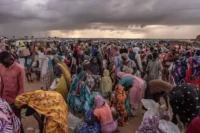
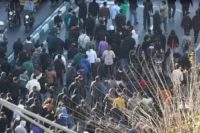
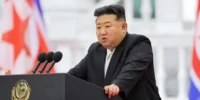
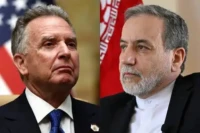


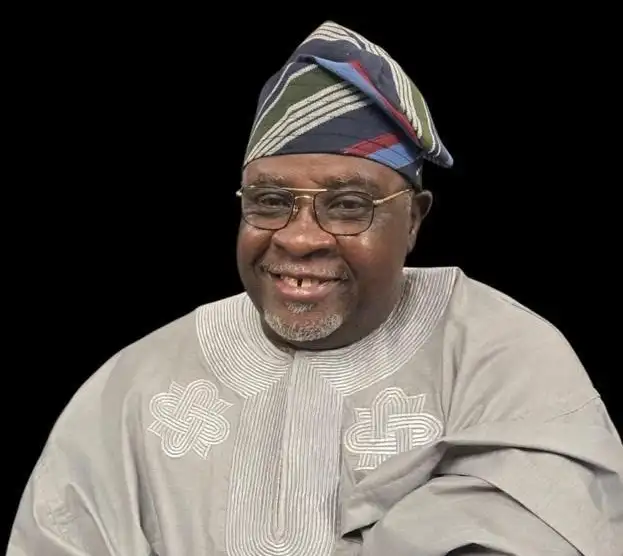


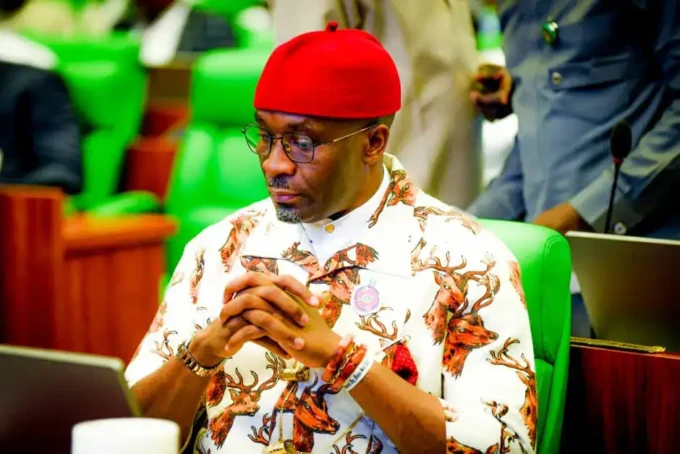
Do you think economic challenges will heavily influence the outcome of the elections in Malawi? Share your thoughts!
I wonder if these elections will bring positive change or just more of the same in Malawi. Excited to see the outcome!
I think its crucial for Malawians to vote wisely during these challenging times. Their decision will shape the future of the country!
I wonder if the election results will bring positive change or just more of the same struggles in Malawi. What do you all think?
Do you think economic challenges in Southern Africa will impact the outcome of the Malawi elections? Share your thoughts!
I wonder if the election outcome could bring stability or ignite more challenges in the region. Exciting times ahead!
Do you think the economic challenges in Southern Africa will impact the outcome of the Malawi elections? Its definitely a factor to consider.
Do you think the economic challenges in Southern Africa will impact the outcome of the elections in Malawi? Lets discuss!